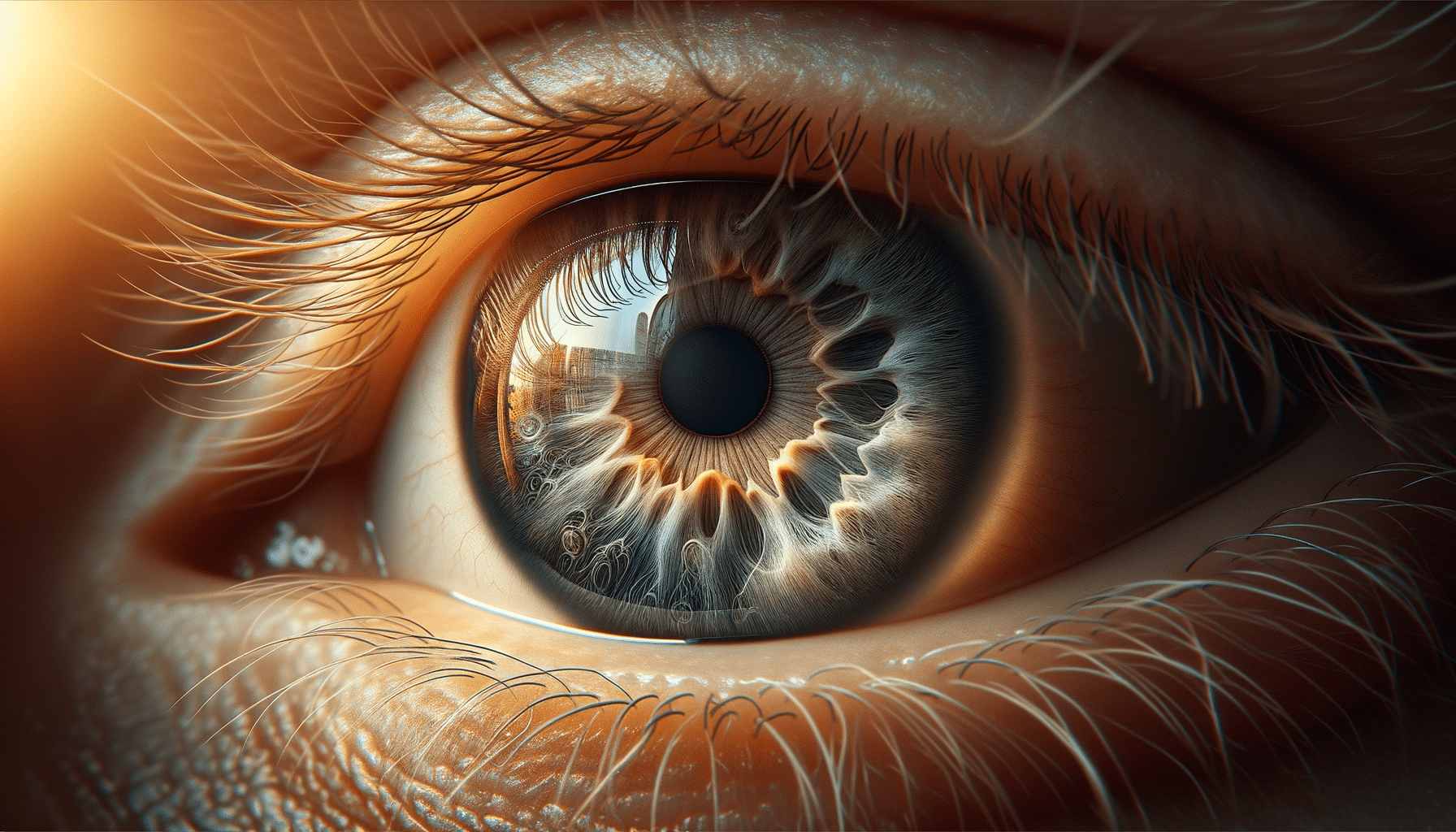
Understanding the Causes of Macular Degeneration: A Comprehensive Guide
Introduction to Macular Degeneration
Macular degeneration is a prevalent eye condition that primarily affects individuals over the age of 50, leading to vision loss in the central part of the retina. This condition can significantly impact daily activities such as reading, driving, and recognizing faces. Understanding the causes of macular degeneration is crucial for early detection and management, which can help mitigate its effects. In this guide, we delve into the various factors contributing to macular degeneration, offering insights into how lifestyle choices and genetic predispositions play a role.
Genetic Factors in Macular Degeneration
Genetics play a significant role in the development of macular degeneration. Research indicates that individuals with a family history of this condition are at a higher risk. Specific gene variants have been identified that increase susceptibility, highlighting the importance of genetic screening in early detection. While genetic predisposition cannot be changed, being aware of one’s family history can encourage proactive measures, such as regular eye examinations and lifestyle adjustments, to potentially delay the onset of symptoms.
Lifestyle and Environmental Influences
Lifestyle choices and environmental factors are pivotal in the progression of macular degeneration. Smoking, for instance, is one of the most significant modifiable risk factors. Smokers are more likely to develop this condition compared to non-smokers, as smoking reduces blood flow to the eyes and damages the retina. Additionally, prolonged exposure to ultraviolet light can exacerbate the condition, making the use of protective eyewear essential. A diet rich in antioxidants, omega-3 fatty acids, and leafy greens is recommended to support eye health and mitigate risks.
Understanding Age-Related Changes
Age is a primary factor in the development of macular degeneration. As individuals age, the risk of cellular damage in the retina increases. This is often due to the natural wear and tear on the eyes over the years. The accumulation of waste products in the retina, known as drusen, is a common marker of age-related macular degeneration. While aging is inevitable, maintaining a healthy lifestyle and regular eye check-ups can help manage the effects and slow down the progression of the disease.
Emerging Research and Future Directions
Ongoing research continues to uncover new insights into macular degeneration. Innovative treatments, such as gene therapy and stem cell research, show promise in altering the course of the disease. Scientists are also exploring the potential of anti-inflammatory drugs and laser therapies to improve outcomes for patients. As the understanding of macular degeneration evolves, these advancements offer hope for more effective management and treatment options in the future.
Conclusion: Proactive Management and Care
Understanding the multifaceted causes of macular degeneration is key to managing this condition effectively. By recognizing genetic predispositions, making informed lifestyle choices, and staying abreast of emerging research, individuals can take proactive steps to protect their vision. Regular eye exams and consultations with healthcare professionals are essential components of maintaining eye health and mitigating the impact of macular degeneration.